On Saturdays, or any week day really, when my dad would be driving me around somewhere, he’d constantly be playing classical music. Now, as a ten to thirteen-year-old, I groaned. In my mind, it was boring, repetitive and old sounding. Why did people like this stuff?
I must have told my dad this, because he asked me a question that puzzled me: “Why do you think we still listen to Beethoven or Mozart?” Beethoven was around in the late 1700s, and Mozart mid 1700s. I thought about this for a while, because after all, this was about ten generations ago. “People passed it down through generations?” I asked. “No,” he replied. I stared at the gray road in front of me and thought about it more.
“It’s because it’s timeless,” he said. He was right. There was something about classical music that drew people to it. At the time, I still didn’t find it interesting, but it took a few years.
Now when I think back on that moment, it’s true. Classical music is timeless (officially defined as ‘not affected by the passage of time’). As students, how would we study without our study music? How would religion be affected by the lack of classical music in churches? Would our senior citizens be listening to rap?
As time passed, I realized that the world needs classical music. It’s often said that classical music while studying helps keep focus better than pop. Some religions rely on classical music for their services. Senior citizens, our grandparents, even great aunts and uncles listen to classical music for fun, to relax them. Movies use classical music in their scores, to elicit drama and emotion. How can we fall asleep to hip hop?
Classical music isn’t just old recordings with ancient harpsichords and cellos. It can be made up of gigantic orchestras, small trios, quartets or quintets, or even just two friends playing together. It’s made of wind instruments, string instruments, brass instruments, voice and even percussion. Classical music defines music as a genre, giving it so much more depth and complexity.
It wasn’t until I starting playing this music in orchestras that I realized how powerful it was. Just playing orchestral music took effort, taking my focus on playing with musicality and also listening to what others are playing, in order to work as one. Playing classical music is a lesson in focus, in teamwork and in history.
Living evidence that classical music is still alive is right here in our school. Just look at the music program at our school. We have two orchestras right here at school, as well as two bands. The music we study isn’t just pop; we often learn classical pieces for our concerts.
People work in the classical music industry. Without it, our world would lack musicians, famous orchestras, music educators, composers, conductors and countless other occupations. It indeed is an industry; think about how many people go to classical concerts in one year alone. So it’s not just senior citizens that would suffer from an ‘extinction’ of sorts of classical music. So would people like me, and other musicians and teachers.
So wherever classical music plays a part in your life, be sure not to forget about it. If you fall asleep to Debussy, or study to Mozart, or even dance ballet to Tchaikovsky, preserve that part of history. Pass those memories on to your children, and the future generations to come. Even if you don’t love classical music, it doesn’t deserve to die with us.
In writing this, I talked to my dad again, asking him if he remembered telling me about the timelessness of classical music. He did, and he asked me another question.
“What else is timeless?” he asked while cutting vegetables for dinner.
I thought about this for a moment. “The Bible?” I asked.
He nodded. “There’s a gift from God right there.”
“Which means classical music could also be…”
“A gift from God.” he finished.
Perhaps it is. Perhaps, it is.

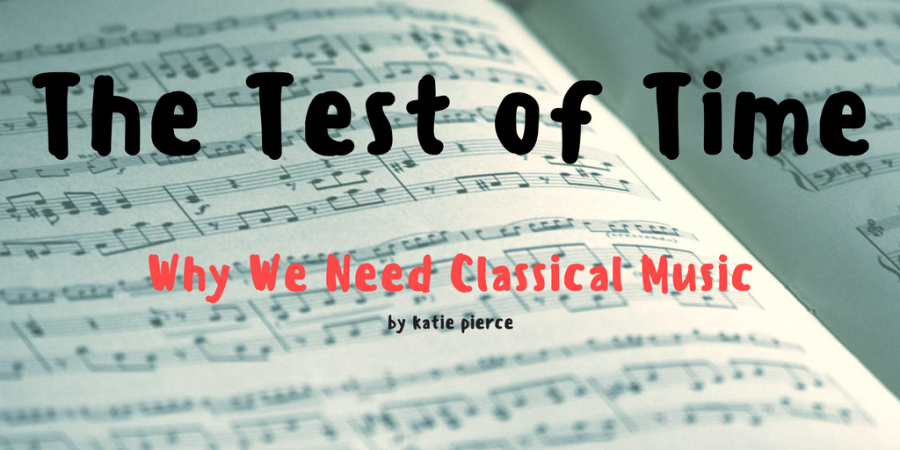

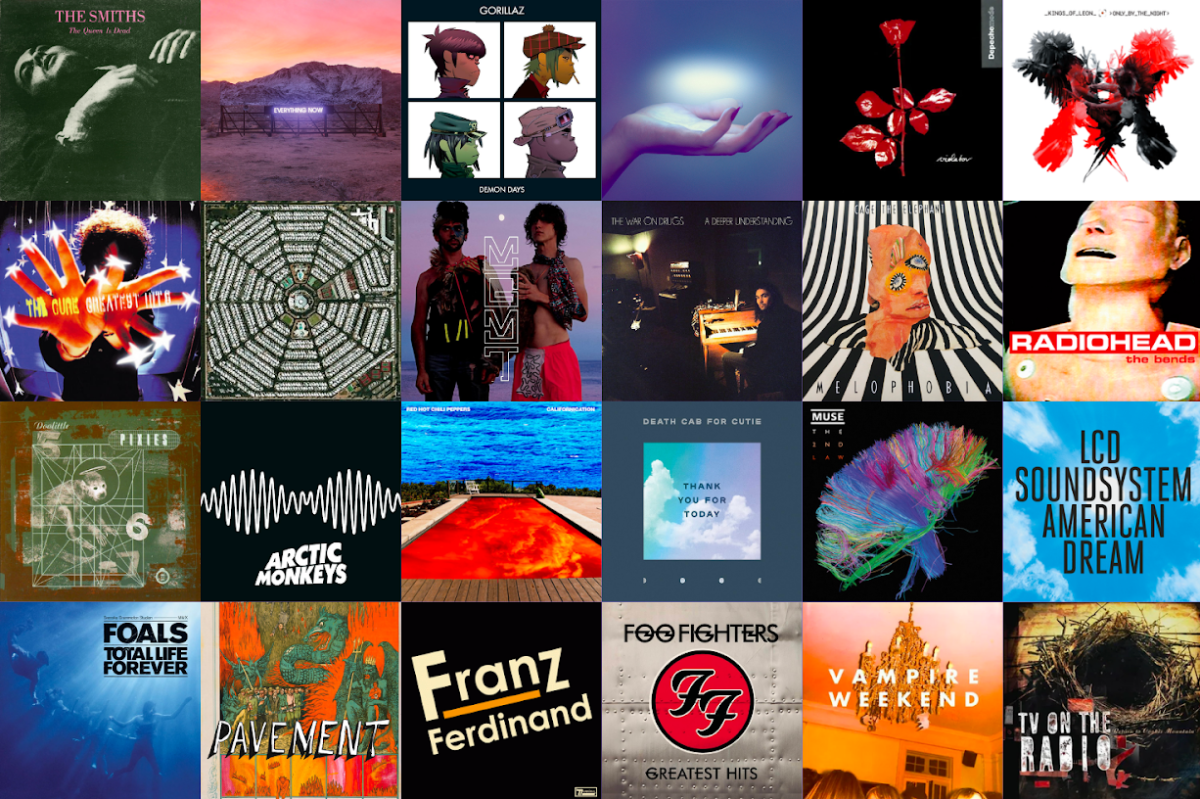
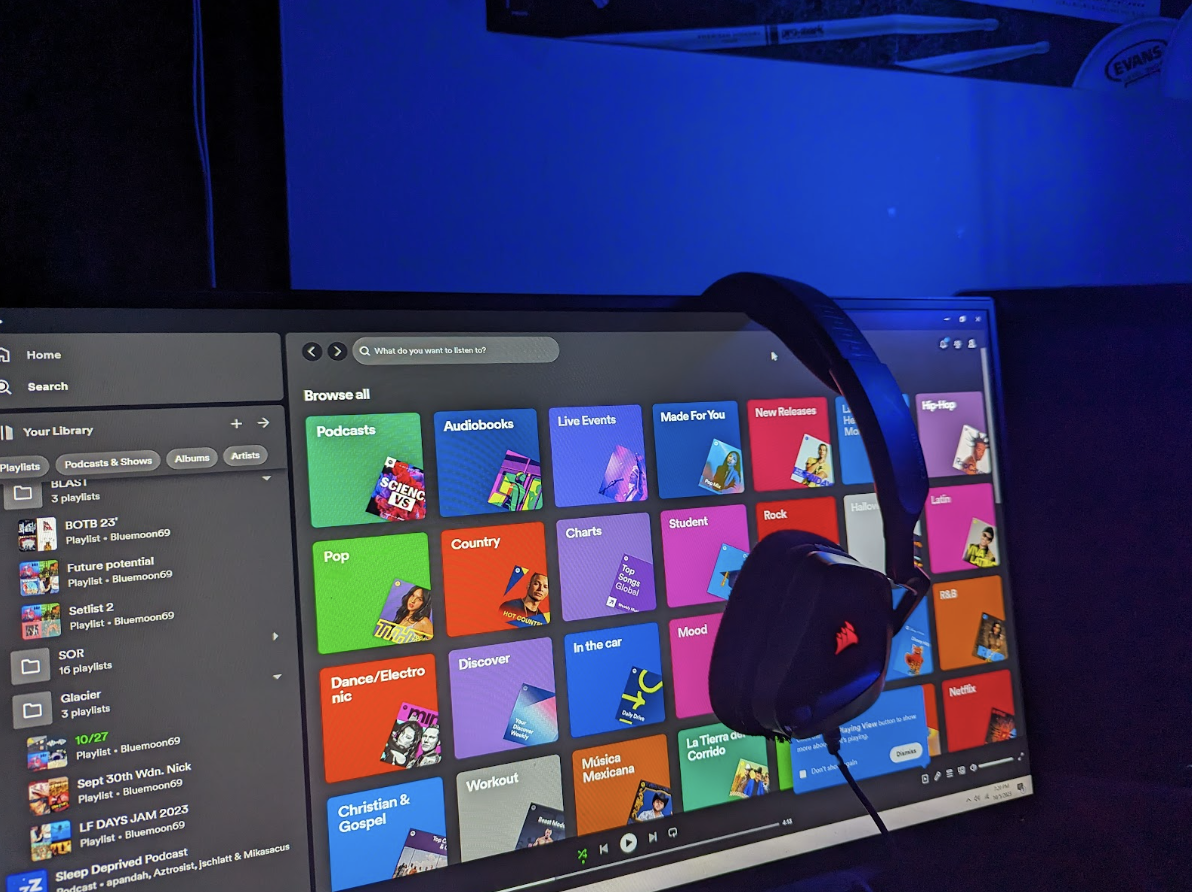
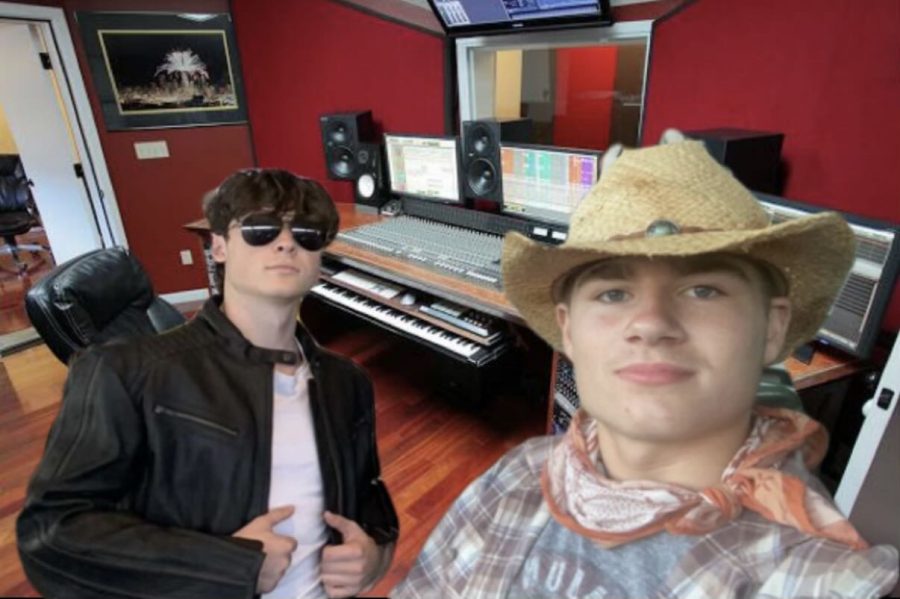
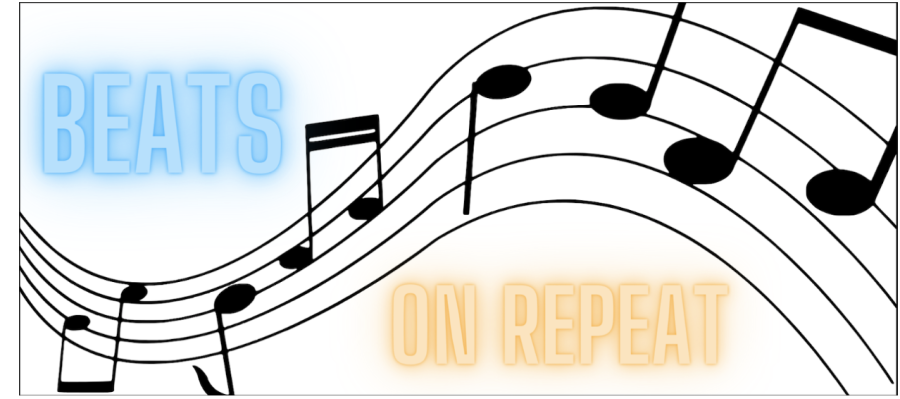
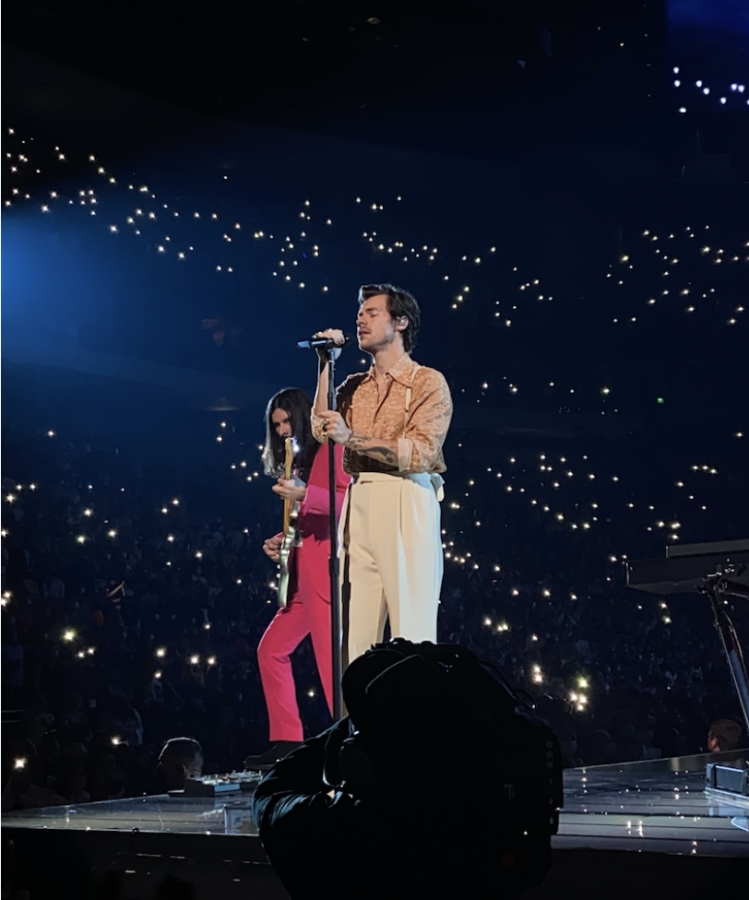

Tom Tropp • Sep 14, 2017 at 10:49 am
Very, very well said.
We still have Bach, Mozart, and Beethoven because their music has stood the test of time. They represent a very small percentage of music written in their time; they’ve just been vetted over a couple hundred years.
Same will be true of today’s music – of any and all genres and styles. The small percentage that is worthy of preservation will be preserved.